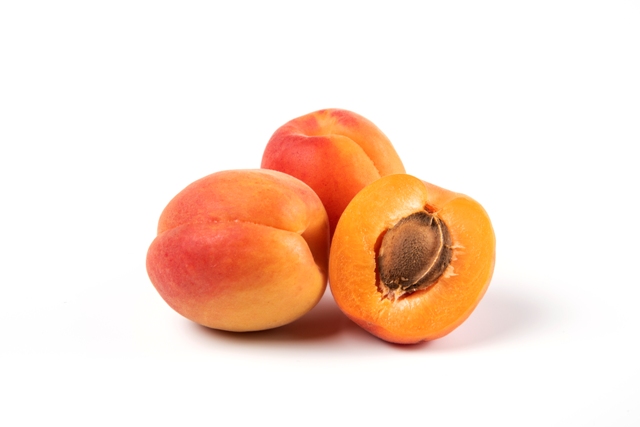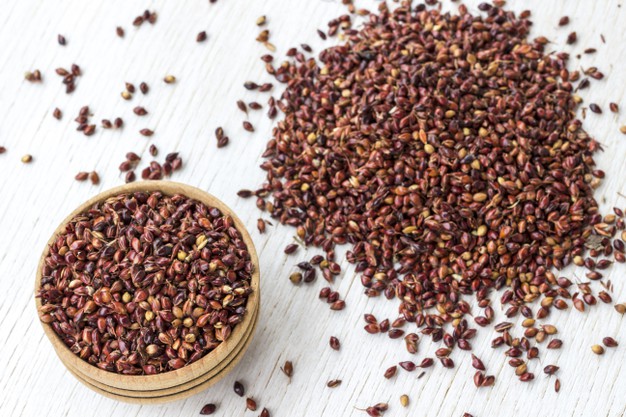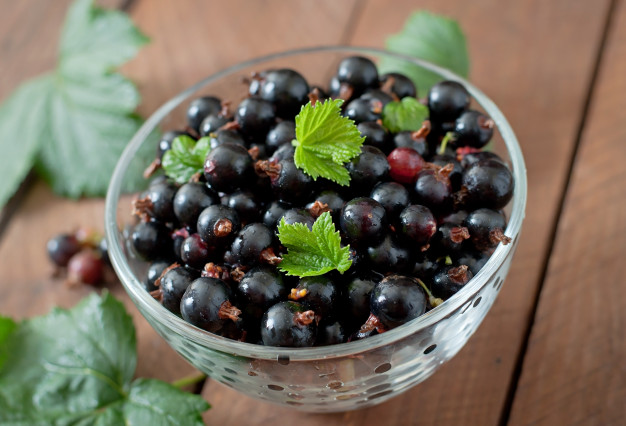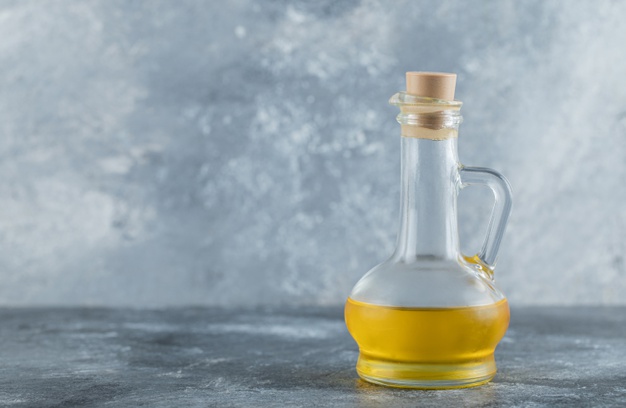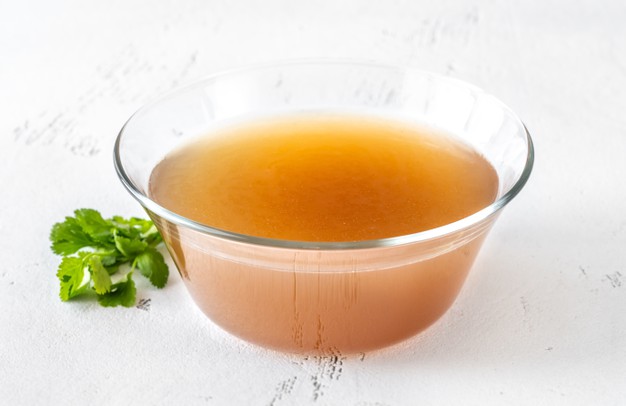Apricot is very nutritious and tasty fruits used for centuries for various therapeutic purposes.
Nutritional profile
- It contains lesser amount of carbohydrates but significantly rich in fibre
- It contains too some extent of proteins as well as fats
- It does not provide enough calories on its oxidation due to its poor fat and carbohydrate contents. It is thus considered as a low calorie food
- It is significantly rich in Vitamin A, Vitamin C and Vitamin B complex
- It also contains several important trace elements like sodium, potassium, magnesium, calcium and phosphorus
- It is packed with various phytonutrients as well that offer numerous nutraceutical activities
Biological activity
Antioxidant activity
- Its micronutrients and phytonutrients components act as antioxidant and play imperative role in protecting the body from the harmful effects of free radicals as it helps in neutralizing free radicals
- It helps to reduce oxidative stress as a result promotes overall wellbeing
Anti-inflammatory activity
- It exerts potent anti-inflammatory activity that helps in preventing inflammation
- It helps to prevent swelling and pain as well


Anti-carcinogenic activity
- It exhibits anti-carcinogenic activity as well thus its consumption is thought to be very effective for reducing the risk prevalence of carcinoma
- It helps to protect the DNA from damages and also prevents gene mutation that plays imperative role in reducing the susceptibility of developing cancers
- It helps to suppress the growth of malignant cell growth as well
Hypotensive activity
It has been extensively used as an imperative therapeutic substance for preventing hypertension and all the credit goes to its potassium content. potassium acts as vasodilator that helps in dilating blood vessels, which subsequently reduces elevated blood pressure
Anti-asthmatic activity
It has anti-asthmatic property too, that helps in relieving stress and pressure on the lung as well as on the respiratory system as a result helps in preventing asthma attack
Health benefits
Role on digestive health
- It is better to include apricot in diet in order to obtain a healthy digestive system
- Its fibre content helps in preventing constipation and plays vital role in cleaning out the intestine
- It is also associated with promoting gut health
Role on skeletal system

- It contains significant amount of calcium, phosphorus, iron, manganese and copper, all of these minerals are extremely useful for healthy bone formation
- It helps in improving bone mass as well as bone mineral density
- It is also associated with improving the symptoms of osteoporosis
Role on hepatic health
- Consumption of apricot is very effective for improving the health and activity of liver
- Its antioxidant activity is responsible for protecting the liver cell or hepatic cell from oxidative damages as a result helps in sustaining their activity, which ultimately promotes metabolism
- Its fibre content is also responsible for improving hepatic health as it helps in reducing the prevalence of fatty infiltration of hepatic cell by inhibiting fat deposition within the cell as a result minimizes the prevalence of fatty liver disease
- It is associated with reducing the risk of developing gall stones as well
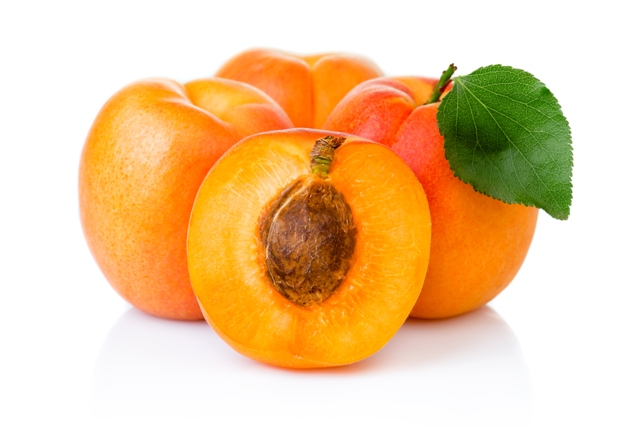
Role on metabolism
- It plays vital role in boosting up the overall metabolism of the body
- It helps in cellular respiration too
- It is also associated with maintaining cellular energy level and plays vital role in preventing fatigue
- Its sodium and potassium contents are accountable for maintaining electrolyte balance of the body and by maintaining a healthy electrolyte balance one can have more energy
- Its iron content is related with promoting blood circulation, which also helps in ensuring healthy metabolism

Role on cardiovascular health
- Incorporation of apricot in diet is considered as a healthy option for promoting cardiac health as it contains various cardio friendly nutrients that help in boosting up cardiac functionality
- Its micronutrients and phytonutrients components are also accountable for protecting the heart from oxidative damages, which ultimately minimizes the risk of developing cardiovascular diseases
- Fibre present in apricot plays vital role in reducing the concentration of cholesterol in body, which ultimately lowers the susceptibility of atherosclerosis, which is considered as one of the most leading causes of developing cardiovascular diseases
- As mentioned above it helps in inhibiting fat deposition within blood vessels thus helps in preventing plaque formation, which ultimately minimizes the prevalence of arterial hardening as a result promotes blood flow and decreases the risk of heart attacks and strokes
- It helps in maintaining heart rate as well
Role on hydration
- Consumption of apricot is really very effective for hydrating the body as it contains enough moisture
- It plays vital role in eliminating toxins and waste from body by promoting urination as a result helps to clean the body
- It helps in preventing dehydration too
Role on eye health

- It contains various imperative nutrients, which are essential for good eye health
- It is loaded with beta carotene, which is converted into Vitamin A later in body and it plays vital role in promoting overall eye health and also helps in decreasing the risk of developing eye disorders
- Its lutein and zeaxanthin components are also accountable for protecting the retina from oxidative damages as a result helps in promoting vision
- Its consumption is also very effective for reducing the prevalence of night blindness
Role on skin
- Consumption of apricot is really very useful for making the skin healthy and supple
- Its phytonutrients and micronutrients components play imperative role in nourishing the skin
- Its Vitamin A content helps in improving g skin barrier function
- Its Vitamin C content is also related with enhancing skin elasticity by promoting collagen synthesis
- Its antioxidant activity is also responsible for protecting the skin from free radical induced oxidative damages, which ultimately minimizes the risk of developing dermal disorders
- It helps to delay the progression of aging process as well
- It helps to improve skin texture and glow
- Moreover consumption of apricot helps to provide a youthful skin
Therapeutic uses
It has been traditionally used for various therapeutic purposes, like –

- It is widely used as an important weight reducing aid. It helps in facilitating weight reduction and all the credit goes to its fibre content
- It is also associated with reducing the prevalence of anemia as it contains desirable amount of iron, which helps in hemoglobin synthesis
- It helps in preventing fever
- It also plays vital role in treating earache
- It helps in improving the health and activity of connective tissue
- It helps in decreasing the concentration of cholesterol too, thus its consumption is thought to be very effective for improving the symptoms of hypercholesterolemia
Culinary uses
- It can be consumed fresh as a snack
- It can also be added to dessert
- It can be used for preparing jam
- It can be used for preparing salsa as well
- It can be consumed with salad
- It can be consumed with yogurt too
- It can also be stirred into granola or trail mix
Risk factors
Though apricot is a powerhouse of nutrients and its consumption is extremely beneficial for health but while consuming apricot it should be kept in mind that too much consumption of apricot can cause various digestive issues like nausea, vomiting etc. It may also cause giddiness and sweating thus it is better to consume apricot as per recommendation.

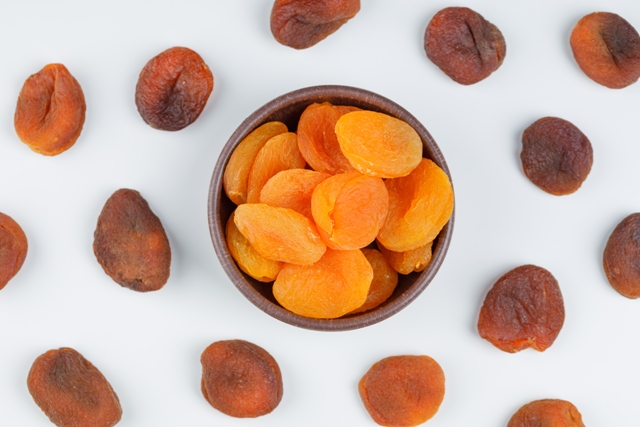
Source:
Ali, S., Masud, T., Abbasi, K.S., Mahmood, T. and Hussai, A., 2015. Apricot: Nutritional potentials and health benefits-a review. Food Sci. Tech, 16, pp.175-189.
Fatima, T., Bashir, O., Gani, G., Bhat, T. and Jan, N., 2018. Nutritional and health benefits of apricots. International Journal of Unani and Integrative Medicine, 2(2), pp.5-9.
Gómez-Martínez, H., Bermejo, A., Zuriaga, E. and Badenes, M.L., 2021. Polyphenol content in apricot fruits. Scientia Horticulturae, 277, p.109828.
Leccese, A., Bartolini, S. and Viti, R., 2007. Total antioxidant capacity and phenolics content in apricot fruits. International Journal of Fruit Science, 7(2), pp.3-16.
Xi, W. and Lei, Y., 2020. Apricot. In Nutritional Composition and Antioxidant Properties of Fruits and Vegetables (pp. 613-629). Academic Press.
